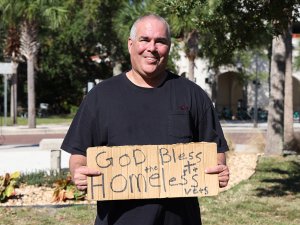College Student Rights Abroad
What We Defend
Each year, hundreds of thousands of students at American universities study abroad. There are many benefits to studying abroad: new experiences, cross-cultural education, broadened research opportunities. But one potential downside that students must carefully consider is the possibility that their destination country could operate under very different rules regarding freedom of expression. Because of the differing legal environments between nations, both students and their universities must navigate difficult questions about whether it is safe, legal, or wise to engage in expression about religion, politics, gender, sexuality, protest, or other sensitive issues abroad. FIRE found that even some American universities, including the entire University of California system, maintain policies that sharply limit students’ overseas speech and raise questions about how academic institutions should handle conflicts between American expressive rights and repressive policies overseas.

Learn More About Your Rights Abroad

Studying Abroad, Speaking Out
Report
How U.S. universities approach free expression in study abroad programs.

University Responses to China’s Censorship
Resource
FIRE tracks how American universities respond to Chinese censorship laws.

FIRE Amicus Brief
In the Courts
FIRE opposed a policy that would force international students to return to authoritarian regimes and jeopardize the speech rights of all campus communities.
Home & Abroad Pledge
While universities’ partnerships can provide benefits to students and faculty, they can also pose serious threats to the expressive rights of academic communities — especially partnerships with governments that severely restrict or punish speech. Now is the time for universities to reassess existing partnerships and plan ahead for future agreements.


Have your free speech rights been violated?
If you face retaliation over protected speech, reach out to FIRE to learn more about how we can protect your rights.
Newsdesk
Stay Informed
FIRE’s award-winning Newsdesk covers the news you need to stay informed about FIRE cases and other helpful information before you choose a study abroad program.




Our Advocacy, Your Rights
Learn more about how FIRE advocates for your rights.
Become a Free Speech Insider!
Subscribe to FIRE updates to get the latest free speech news in your inbox as it happens!
